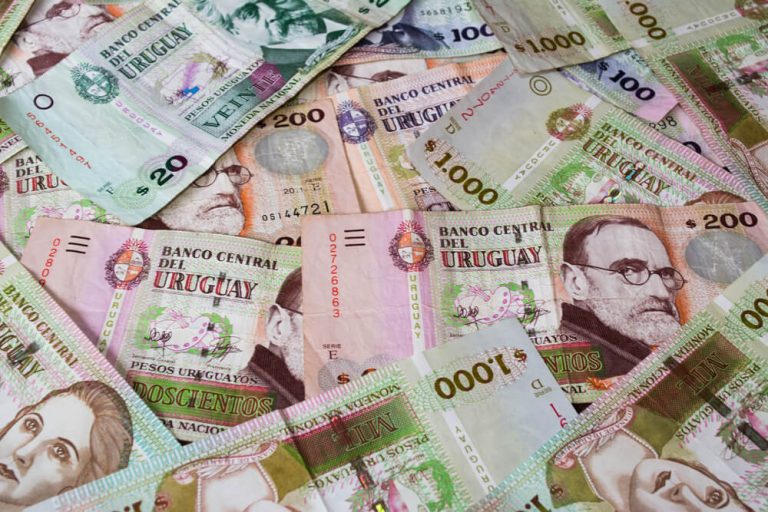
Uma nova lei da diabetes no Brasil exige que todos os alimentos e bebidas com adição de açúcar sejam rotulados como tal.
A medida faz parte de um esforço mais amplo para combater o diabetes, que se tornou um grande problema de saúde no país.
A lei ajudará os consumidores a fazer escolhas mais informadas sobre os alimentos que comem e, esperançosamente, levará a melhores resultados de saúde.
Também é um lembrete de que mesmo pequenas mudanças na dieta podem ter um grande impacto em nossa saúde.
A Lei do Diabetes é uma lei nacional que foi promulgada no Brasil em 2011. A lei visa melhorar a qualidade de vida das pessoas com diabetes e prevenir e controlar a doença.
A lei fornece acesso gratuito a medicamentos, suprimentos e serviços essenciais para pessoas com diabetes.
Também exige que as seguradoras de saúde forneçam cobertura para pessoas com diabetes.
Além disso, a lei estabelece um banco de dados nacional sobre cuidados com o diabetes e exige que o governo desenvolva um plano nacional para a prevenção e controle do diabetes.
A Constituição Federal do Brasil estabelece que todos os indivíduos têm direito à saúde, o que significa que o estado deve fornecer acesso universal aos cuidados de saúde.
Para garantir que todos os brasileiros tenham acesso a cuidados de saúde de qualidade, o governo brasileiro criou uma lei específica para pessoas com diabetes.
O Sistema Nacional de Saúde (SUS) é responsável por oferecer tratamento gratuito a todos os brasileiros, independentemente da classe social ou do nível de renda.
O SUS também oferece assistência financeira aos pacientes que precisam de ajuda para pagar seus medicamentos.
A lei da diabetes funciona em conjunto com o SUS, garantindo que todos os brasileiros com diabetes tenham acesso a tratamento e cuidados de qualidade.
De acordo com a lei do diabetes, o SUS é obrigado a fornecer determinados serviços às pessoas com diabetes, como exames, check-ups e tratamentos especializados.
Além disso, a lei exige que as seguradoras cubram os custos da insulina e de outros medicamentos para diabetes.
O objetivo da lei é melhorar a qualidade de vida das pessoas com diabetes e evitar complicações decorrentes da doença.
Embora a doença possa levar a complicações graves, como doenças cardíacas, derrame, insuficiência renal e cegueira, com diagnóstico precoce e tratamento adequado, a maioria das pessoas com diabetes pode viver vidas longas e saudáveis.
É aí que entra a Lei das Diabetes. A lei foi aprovada em 2011 e exige que os empregadores forneçam acomodações para funcionários com diabetes.
A lei tem sido bem-sucedida em melhorar as condições de trabalho de pessoas com diabetes e promover a conscientização sobre a doença em todo o Brasil.
E embora a lei seja específica para o Brasil, suas lições podem ser aplicadas em outros lugares para ajudar a melhorar as condições de trabalho de pessoas com diabetes em todo o mundo.
A esperança é que, ao aumentar a conscientização sobre a Lei da diabetes e fornecer intervenção precoce, a incidência de complicações relacionadas ao diabetes, como doenças cardíacas, derrame, insuficiência renal e cegueira, diminua.
Essa lei é um dos muitos exemplos de como os países estão tentando combater a crescente epidemia de diabetes.
No Brasil, o diabetes é considerado uma doença crônica e está sujeito a regulamentações legais especiais.
Essas regulamentações são importantes para garantir que as pessoas com diabetes tenham acesso aos cuidados e ao tratamento de que precisam para controlar sua condição.
O governo brasileiro tem trabalhado muito para melhorar o acesso aos cuidados e apoio ao diabetes para pessoas com a doença.
Em 2016, o país promulgou uma lei nacional que exige que os empregadores forneçam acomodações razoáveis aos funcionários com diabetes.
A lei também exige que as seguradoras de saúde cubram os custos do tratamento do diabetes e fornecem subsídios para pessoas com baixa renda.
A lei tem sido bem-sucedida em aumentar o acesso aos cuidados com o diabetes, mas ainda existem alguns desafios.
Um dos maiores desafios é que muitas pessoas com diabetes ainda não conseguem arcar com os custos do tratamento.
O governo está trabalhando para aumentar os subsídios disponíveis para pessoas de baixa renda com diabetes, mas é preciso fazer mais.
Apesar dos desafios, a lei do diabetes está fazendo a diferença na vida das pessoas com diabetes no Brasil.
Se você ou alguém que você conhece tem diabetes, certifique-se de aproveitar as proteções e benefícios que a lei oferece.
Did you like this content? If so, share it with your friends and on your social networks. Receive exclusive content every day by subscribing here at Google News 100% for free and also here in our Finance Planning Blog. Thank you!